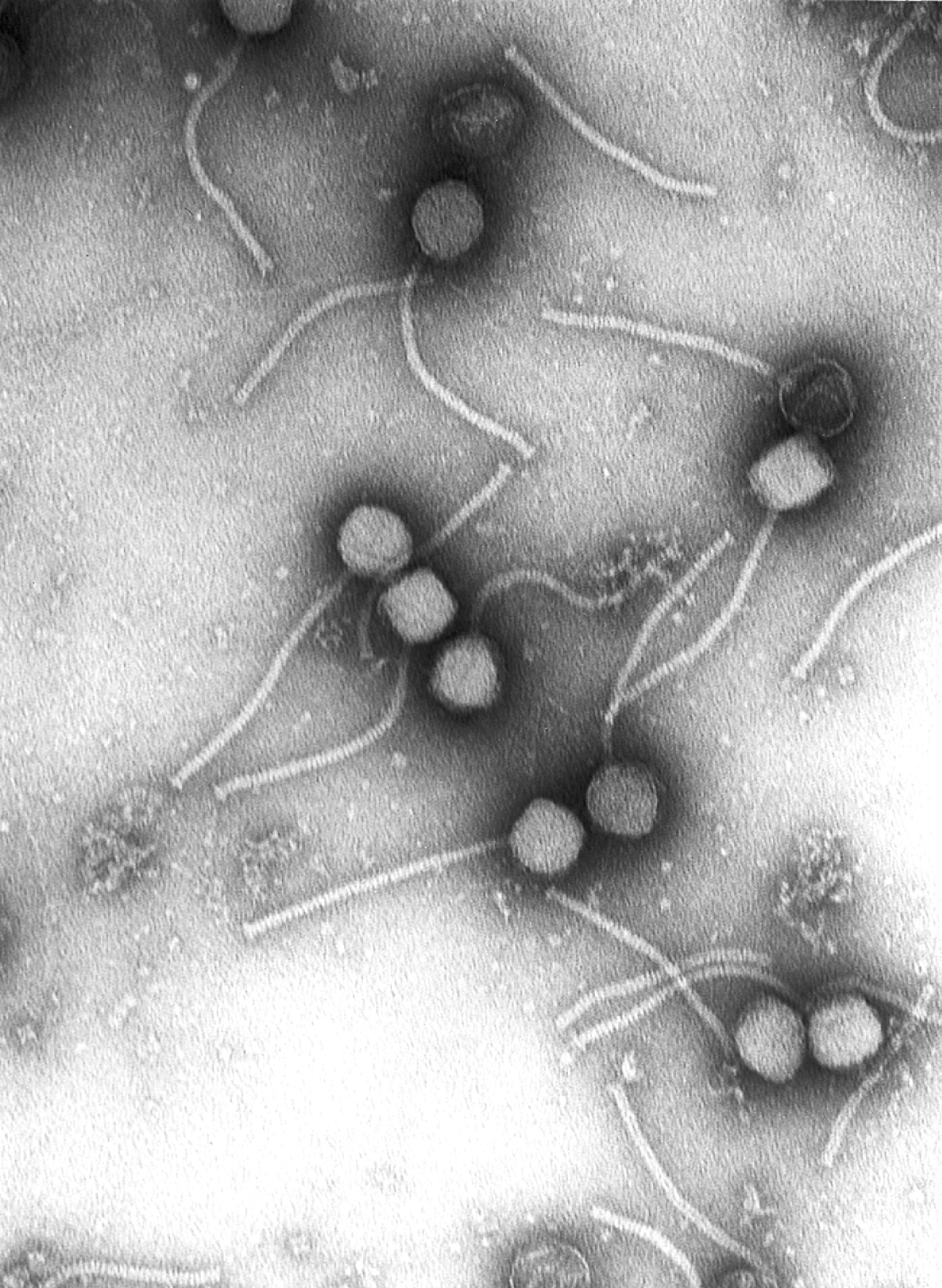
Photo from academic.microsoft.com
The ability to establish long term persistent infection is a feature of human papillomaviruses. The available evidence is that this ability is a consequence of a complex local immune milieu… Click to show full abstract
The ability to establish long term persistent infection is a feature of human papillomaviruses. The available evidence is that this ability is a consequence of a complex local immune milieu whereby innate immune receptors and signalling pathway cascades are inhibited by HPV early proteins resulting in failure of dendritic cell maturation, antigen processing and presentation and activation of cytotoxic antigen specific T cell responses. The development of cutaneous and mucosal infection models with the mouse papillomavirus MmuPV1 and the access to multiple gene deficient strains is providing the frame work to dissect the mechanisms underlying these complex host virus interactions.
Journal Title: Current opinion in virology
Year Published: 2021
Link to full text (if available)
Share on Social Media: Sign Up to like & get
recommendations!